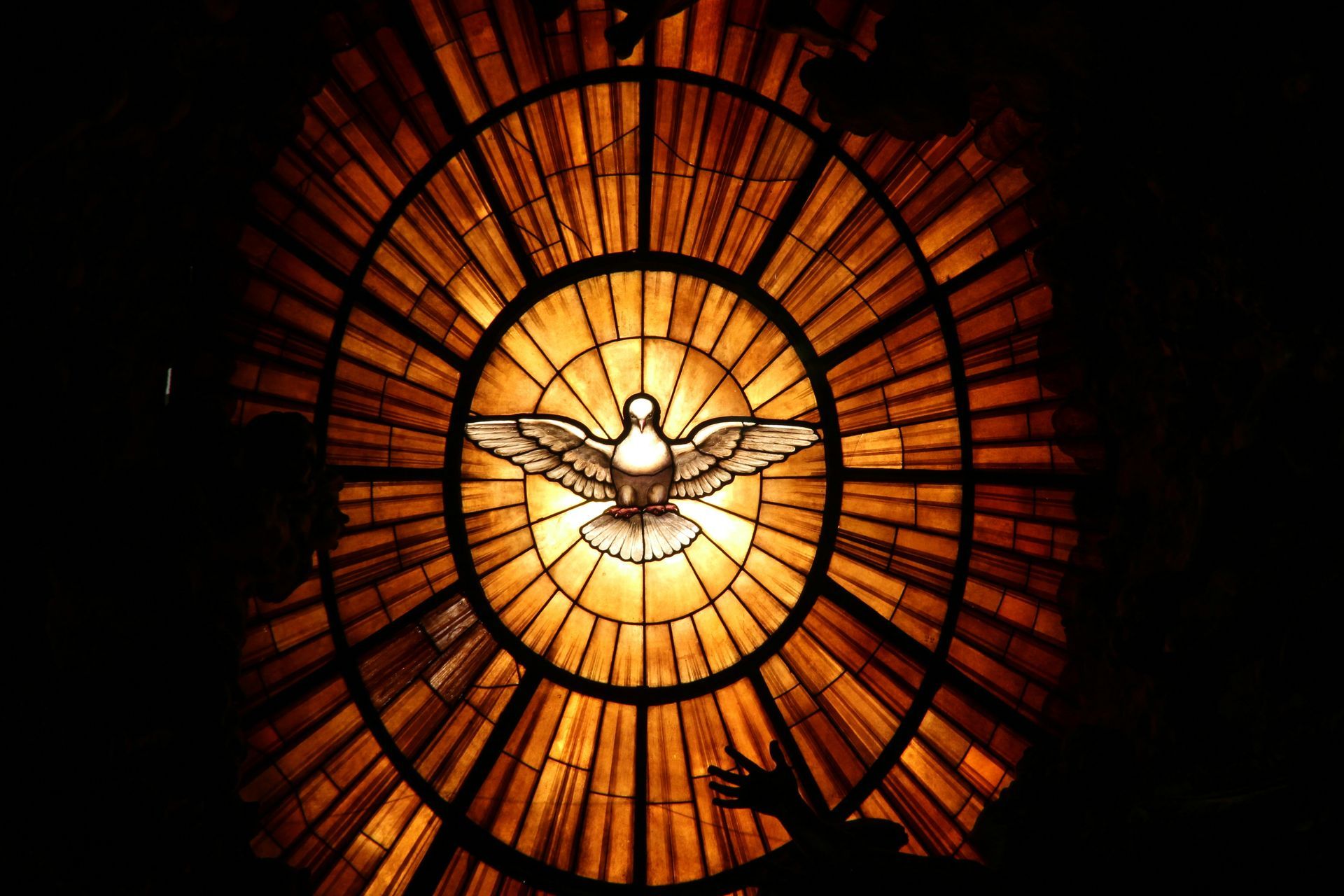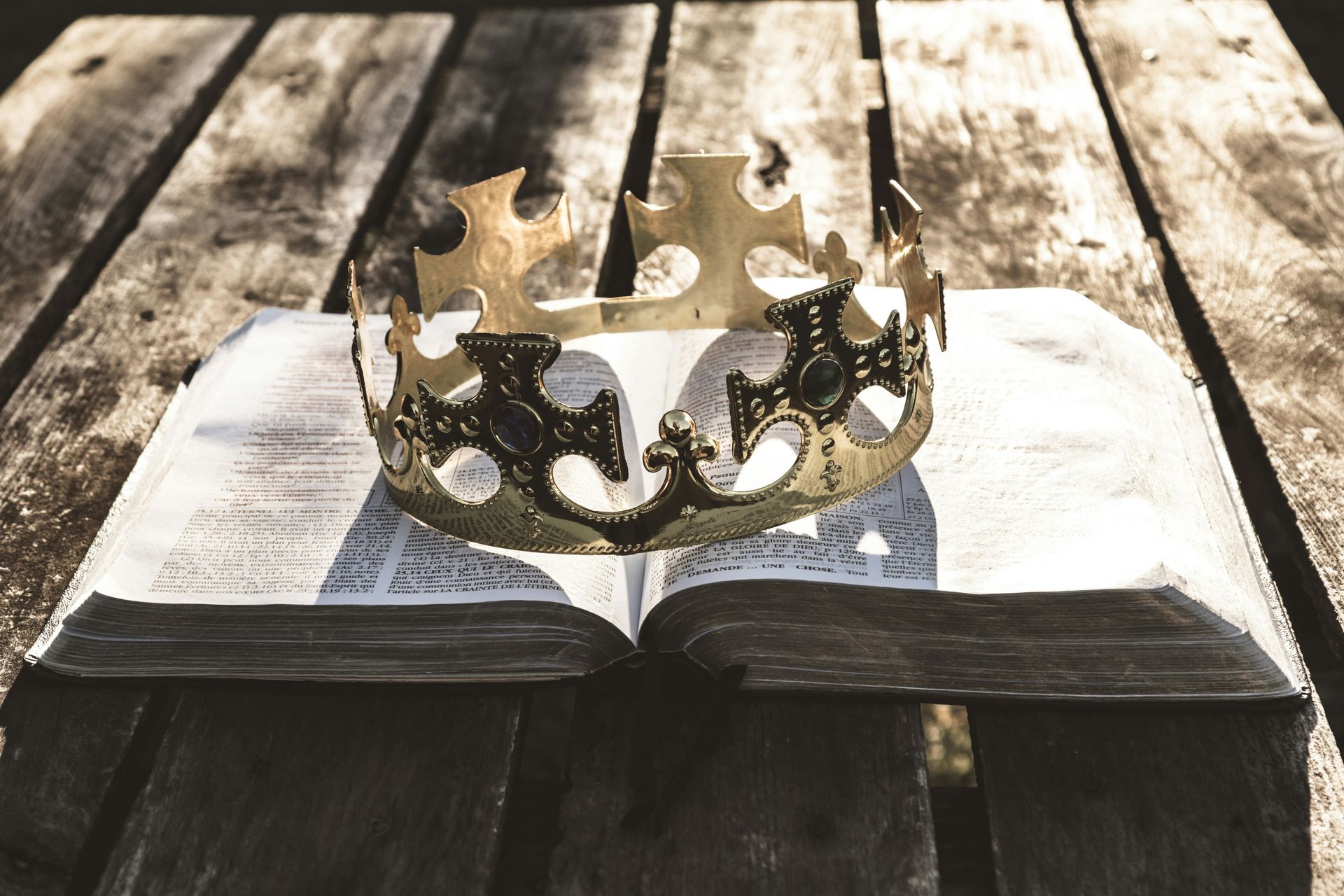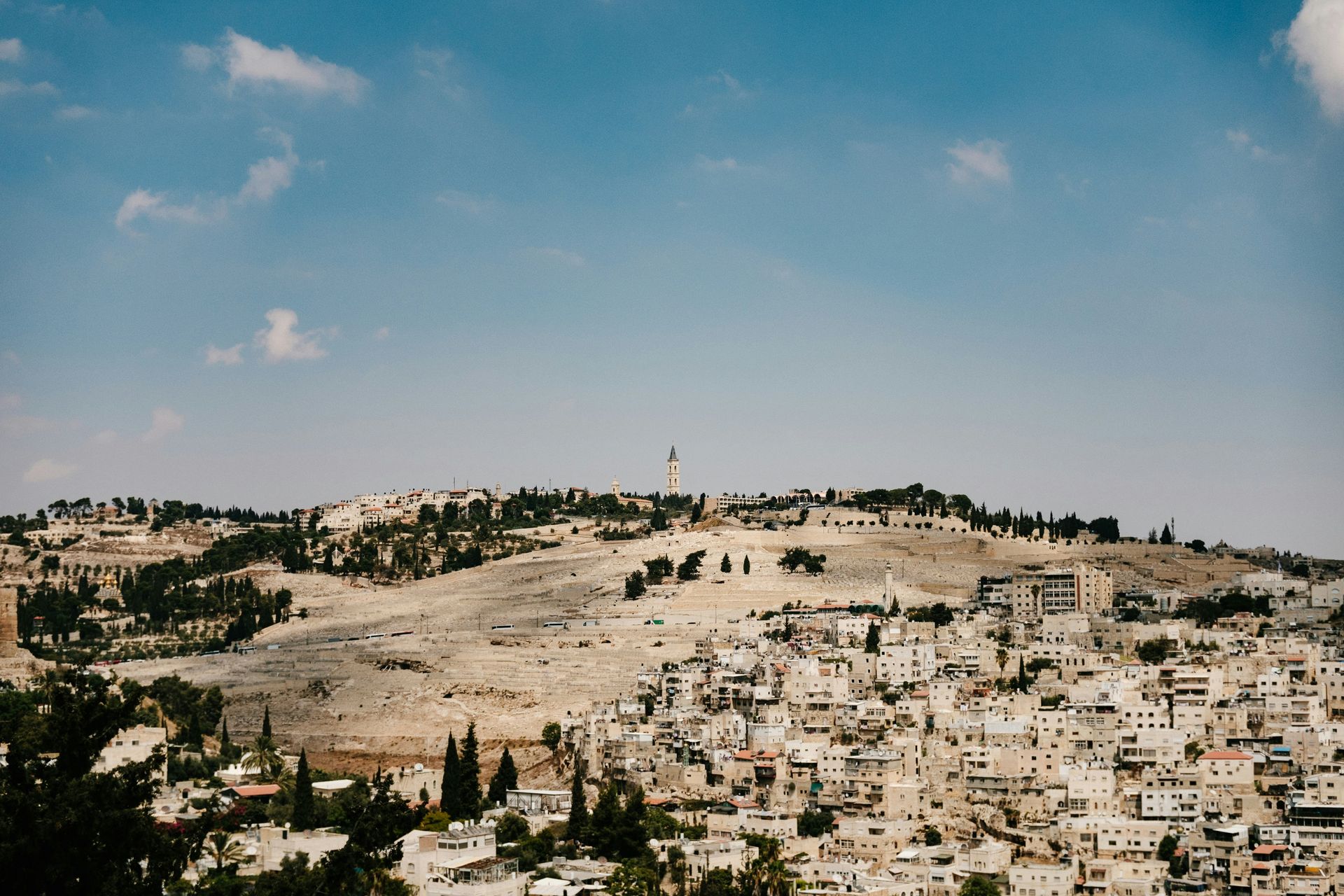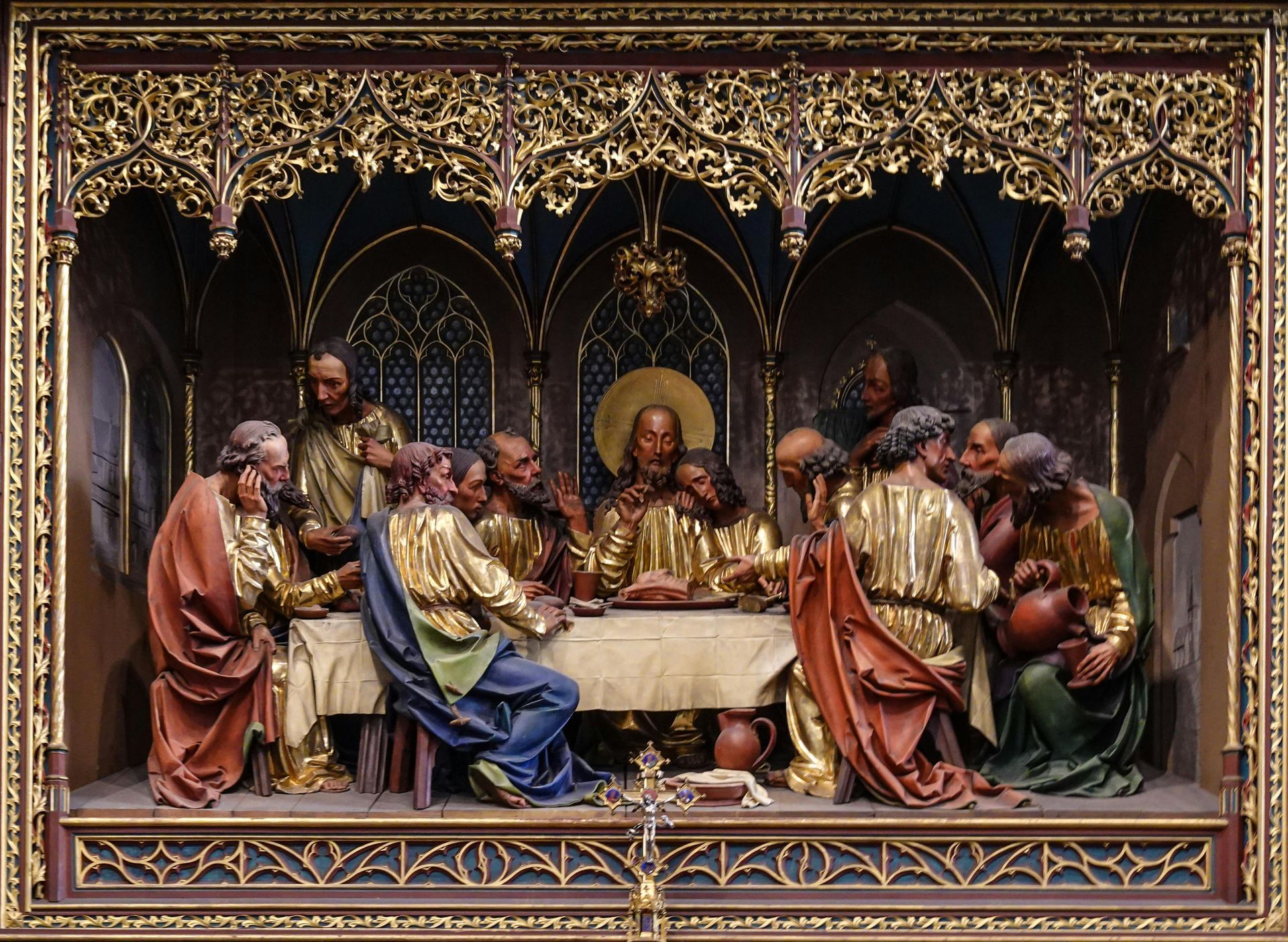The History of Penecost
From Ancient Roots to Christian Celebration

Pentecost is one of the most significant events in the Christian calendar, commemorating the moment when the Holy Spirit descended upon the apostles, empowering them to spread the Gospel. But to truly appreciate its importance, it’s helpful to explore its historical roots, biblical significance, and how it has been observed through the ages.
### Origins in Jewish Tradition
The origins of Pentecost trace back to Jewish tradition and the festival of Shavuot, also known as the Feast of Weeks. Celebrated fifty days after Passover, Shavuot marked the culmination of the barley harvest and the giving of the Torah at Mount Sinai. This festival was a time of thanksgiving and reflection, emphasizing covenant and divine revelation.
Jewish pilgrims from around the region gathered in Jerusalem to observe Shavuot, which was a major pilgrimage festival. During this time, the city would swell with visitors, creating a vibrant and spiritually charged atmosphere.
### Pentecost in the Bible
The Christian celebration of Pentecost is rooted in the New Testament, particularly in the Book of Acts, chapter 2. After Jesus’ resurrection and ascension, his disciples were instructed to wait in Jerusalem for the promised Holy Spirit.
On the day of Pentecost, described as “the day of Pentecost” in Acts 2, the apostles experienced a miraculous event. The Holy Spirit descended upon them, appearing as tongues of fire, and they were filled with the Spirit. This empowered them to speak in different languages, enabling them to preach the Gospel to the diverse crowd gathered in Jerusalem.
This event is often considered the “birthday of the Church,” as it marks the beginning of Christian evangelism and community formation. The apostles’ bold proclamation led to the conversion of thousands and the rapid expansion of Christianity.
Evolution of Pentecost as a Christian Feast
Initially, Pentecost was a Jewish festival, but as Christianity emerged, it became a distinct Christian celebration. Early Christians adapted the Jewish festival's timing and significance, emphasizing the Holy Spirit’s role in guiding and empowering believers.
Throughout history, Pentecost has been observed with various customs, including prayer, baptisms, and sermons. In many traditions, it is regarded as a day of renewal and spiritual awakening.
Modern Observance
Today, Pentecost is celebrated by millions of Christians worldwide, often 50 days after Easter. Churches may hold special services, baptisms, and processions to commemorate the event. The color red is commonly associated with Pentecost, symbolizing the fire of the Holy Spirit.
In some cultures, Pentecost is intertwined with local customs and festivals, reflecting its deep roots in both religious and cultural traditions.
The history of Pentecost is a rich tapestry woven from Jewish festivals, biblical events, and centuries of Christian tradition. It stands as a powerful reminder of the Holy Spirit’s presence and the ongoing mission of the Church. Whether viewed as a historical event, a spiritual milestone, or a cultural celebration, Pentecost continues to inspire believers around the world to live with faith, courage, and purpose.









